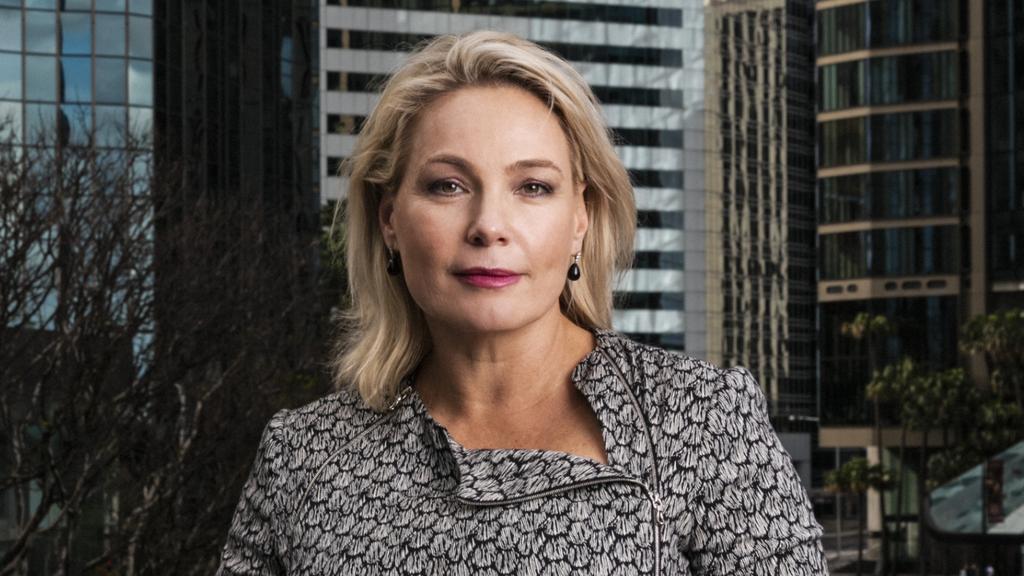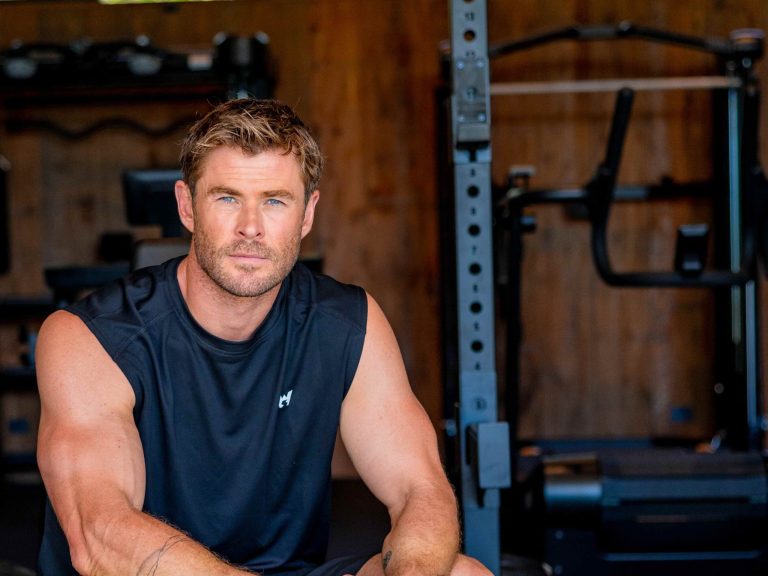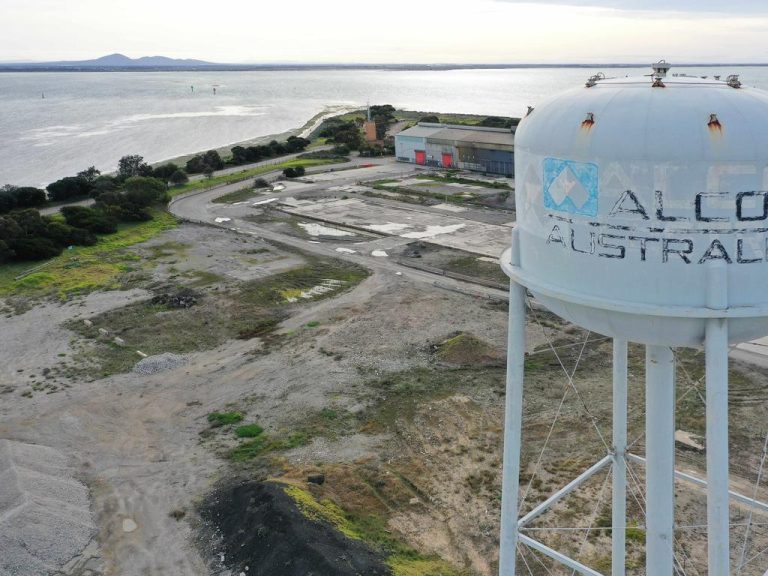Too risky to write off value of property valuers as AI threat looms

Australian Property Institute CEO Amelia Hodge.
It’s risky to assume the rise of artificial intelligence in the property sector will erase the role of valuers in the transaction process, with Australian Property Institute chief executive Amelia Hodge saying human touch can’t be manufactured.
Once the holders of property data knowledge, new technology like Automated Valuation Models or AVMs making it easier than ever for developers, banks and even consumers to access information in real time
While this has created a challenging junction for the valuation industry, Ms Hodge said there was not yet a substitution for the “risk lens” applied by valuers.
“A valuation is not just about a number, it’s about assessing all of the things around that particular property,” Ms Hodge said.
“What are the comparables, what were issues in the area that might downgrade that particular value? An AVM can’t give you any of that. It can’t tell you whether there’s no kitchen, for example, or there’s mould, it doesn’t have the risk lens.”

Australian Property Institute boss Amelia Hodge said only humans can offer a ‘risk lens’.
The Australian Property Institute – the industry body representing valuers – released its Future of the Property Profession Report last week, highlighting and analysing the challenges of automation and data, sustainability and the changing workforce.
While the industry must adapt to the change, Ms Hodge said there is also “enormous opportunity” for valuers to use their skills to “a much higher value”.
“You’re always going to need that human analysis piece there,” she said.
“I think people are seeing what AI and technology is currently doing, they immediately panic. But I actually see it as enhancing what we do and the advice that we provide.
There is particular opportunity in the commercial sector and in knowledge areas where there is a significant shortage, such as agriculture and rural, to use emerging technologies.
“They will be able to source … comparables, all sorts of policy, all sorts of risk parameters much faster, which then they can input into their valuation advice.”
Challenges are not only technological but biological. The industry is ageing, with an increasing focus among the valuation fraternity on knowledge sharing through mentoring programs and education.
The API is partnering with universities to help create modules for degrees over concerns courses are becoming too generalised.
“There’s no consistency even in which schools they sit in or how many valuations subjects they do within their property degree,” Ms Hodge said.
“We’re trying to gather data, and all the knowledge in the heads (of industry seniors) because there’s so much there that if it’s lost, it’s lost forever.”
Additional work is also going into recruiting and retaining female talent, with only a quarter of API’s members women.







